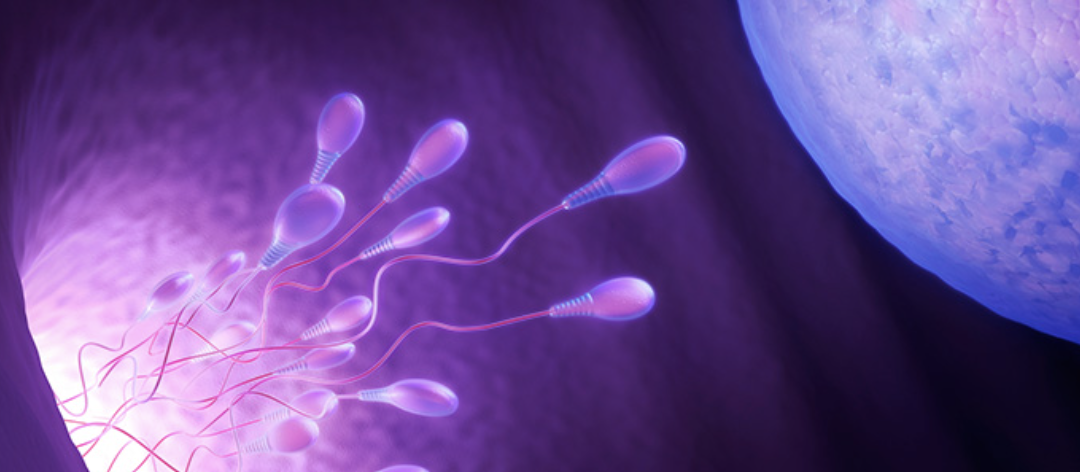Fertility Treatments: A Comparison of IVF, IUI, and Egg Freezing

Navigating fertility treatment options can feel overwhelming, especially when faced with several possibilities, each with its own process, costs, and success rates. Among the most common treatments are in vitro fertilisation (IVF), intrauterine insemination (IUI), and egg freezing. Each option is suited to different needs, and understanding how they compare can help you choose the right path for your fertility journey. This guide breaks down the key differences, success rates, costs, and factors that influence which treatment may be best for each individual or couple.
Overview of Fertility Treatments: IVF, IUI, and Egg Freezing
- In Vitro Fertilisation (IVF): IVF is one of the most widely used fertility treatments and involves stimulating the ovaries to produce multiple eggs, retrieving these eggs, fertilising them in a laboratory, and then transferring the embryo(s) to the uterus. IVF is often recommended for those facing complex fertility issues, such as blocked fallopian tubes, endometriosis, or male factor infertility.
- Intrauterine Insemination (IUI): IUI is a less invasive procedure where sperm is directly placed into the uterus around the time of ovulation. It is often used as an initial treatment for couples with unexplained infertility, mild male factor infertility, or cervical mucus issues. IUI is less intensive than IVF and does not involve egg retrieval.
- Egg Freezing: Egg freezing, or oocyte cryopreservation, is a procedure that allows women to preserve their eggs for future use. Eggs are retrieved and frozen using a process called vitrification, then stored until the individual is ready to attempt conception. Egg freezing is commonly chosen by women who wish to delay childbearing due to personal, career, or health reasons.
Comparing Success Rates, Costs, and Suitability of IVF, IUI, and Egg Freezing
Each fertility treatment offers unique benefits and success rates, which vary based on individual circumstances, age, and fertility health. Here’s a detailed comparison:
1. Success Rates
- IVF: IVF generally has the highest success rates of these treatments, though outcomes depend significantly on age and fertility health. According to the Human Fertilisation and Embryology Authority (HFEA), the live birth rate for IVF in women under 35 is around 32-50% per cycle, while for those aged 38-40, the rate drops to 20-27%. Using donor eggs can increase success rates for women over 40.
- IUI: IUI success rates are lower than IVF, especially for older individuals. Studies show that IUI has an approximate success rate of 10-20% per cycle for women under 35, which can drop below 10% for women over 40. IUI is generally more effective for younger patients and for those with minimal fertility issues.
- Egg Freezing: Success with egg freezing depends on the age at which eggs are frozen and the number of eggs stored. Eggs frozen before age 35 have higher success rates when used later, with a 60-70% live birth rate per cycle for those who froze eggs at an optimal age. However, egg freezing is a preparatory step, not an immediate fertility treatment, so success rates are realised when eggs are later thawed and used in IVF.
2. Costs
- IVF: In the UK, a single IVF cycle costs between £5,000 and £8,000, excluding medications, which can add £1,000 to £2,500. If additional services like genetic testing, donor eggs, or embryo freezing are needed, costs will increase. IVF may also require multiple cycles to achieve success, so planning for additional expenses is often advisable.
- IUI: IUI is generally more affordable than IVF, with cycle costs averaging between £800 and £1,500. As a less invasive procedure, IUI does not require the same hormonal stimulation or egg retrieval process as IVF, which contributes to its lower cost. However, several IUI cycles may be necessary before achieving a pregnancy, especially for individuals over 35.
- Egg Freezing: Egg freezing costs per cycle range from £3,000 to £5,000, plus medication costs. Storage fees, generally around £200 to £400 per year, also apply. For those considering long-term storage, many clinics offer discounted packages. It’s important to remember that when frozen eggs are eventually used, IVF will be required to fertilise and transfer them, adding further costs.
3. Suitability for Different Patient Profiles
- IVF: Ideal for those with significant fertility issues, IVF is often recommended for older women, couples facing male factor infertility, or individuals with complex fertility conditions, such as blocked fallopian tubes or severe endometriosis. IVF’s higher success rates make it a preferred choice for those who may face greater challenges conceiving.
IUI: IUI is best suited for younger patients with minimal fertility concerns or for those with unexplained infertility. It is often a first-line treatment for couples who prefer a less invasive approach and may be beneficial when affordability is a primary concern. For those with advanced fertility issues, IUI may not be as effective as IVF.
- Egg Freezing: Egg freezing is a good choice for women who wish to preserve their fertility for the future, whether due to career planning, personal decisions, or a medical need. It is most effective for younger women in their 20s and early 30s, as eggs frozen at this stage tend to have a higher chance of successful fertilisation when later used in IVF.
What Factors Influence Which Treatment is Best for Each Patient?
Selecting the right fertility treatment depends on a range of factors, including:
- Age and Fertility Health: Age is a primary factor in treatment choice, as success rates decline with age. Those over 35 may find IVF offers better outcomes than IUI, while egg freezing is most beneficial when done at a younger age.
- Fertility Diagnosis: A fertility diagnosis helps guide treatment recommendations. IVF is generally recommended for more complex fertility issues, whereas IUI is better for less severe cases. Egg freezing, on the other hand, is a proactive choice for fertility preservation rather than immediate conception.
- Cost Considerations: Fertility treatments can be costly, especially if multiple cycles are needed. For those with budget constraints, IUI may be a viable starting point. However, it’s worth noting that success rates are higher with IVF, which may result in fewer cycles overall.
- Timing and Family Planning Goals: Individuals who are not ready to start a family immediately may prefer egg freezing to preserve their fertility. For those ready to conceive soon, IVF or IUI may be more appropriate, depending on other health factors and preferences.
Conclusion: Choosing the Right Fertility Treatment for You
Each fertility treatment offers unique advantages, from the high success rates of IVF to the affordability of IUI and the flexibility provided by egg freezing. The best option depends on individual circumstances, including age, fertility diagnosis, budget, and personal goals. Consulting with a fertility specialist can help you assess these factors and create a tailored plan that aligns with your needs and future family goals.
FAQ Section:Which is better for me: IVF or IUI?
IVF has higher success rates and is often preferred for those with complex fertility issues. IUI is less invasive and can be suitable for younger patients with mild fertility challenges.
- What is the ideal age for egg freezing?
The best time for egg freezing is generally in the late 20s or early 30s, as egg quality declines with age. - How long does each fertility treatment take?
IUI usually takes a few weeks, while IVF can take 4-6 weeks per cycle. Egg freezing involves a similar timeline to IVF, without embryo transfer.
Further Reading
- Learn more about IVF, IUI, and egg freezing success rates from the Human Fertilisation and Embryology Authority.
- Discover the costs of various fertility treatments and financing options in our Fertility Treatment Financial Guide.
- Explore patient stories and insights on fertility treatments to find the approach that’s right for you.


 Previous
Previous

